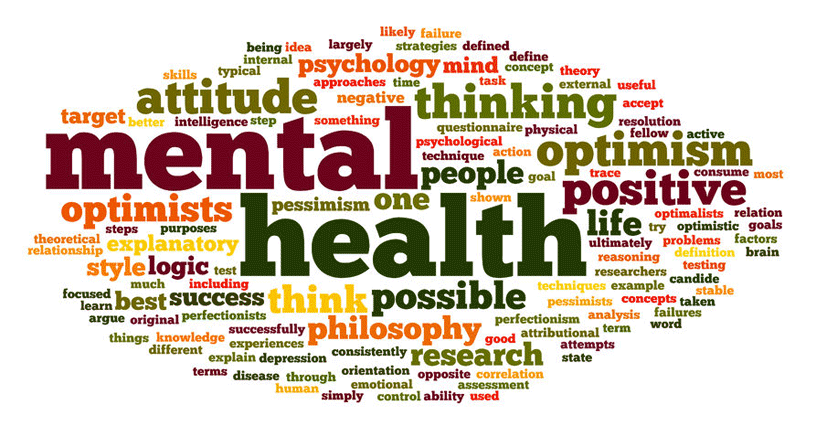Fasting, a practice of restricting solid food intake, has roots in ancient medicine dating back to Hippocrates. Modern diets with prolonged energy intake and sedentary lifestyles contribute to rising rates of obesity, diabetes, and cardiovascular diseases. Intermittent fasting (IF) offers a promising dietary intervention, including methods like alternate-day fasting (ADF), time-restricted feeding (16/8, 18/6, 20/4), modified fasting (5:2, 4:3), and Ramadan fasting. IF does not restrict calorie intake during non-fasting periods, enhancing compliance. This approach has shown positive effects on human metabolism and psychological health, making it a viable strategy for managing obesity and related conditions.
The Effect of Fasting on Human Metabolism
Studies indicate that alternate-day fasting for 8-12 weeks reduces LDL cholesterol (20-25%) and triglycerides (15-30%) and increases LDL particle size. 3-12 week trials show 10%-21% lower total cholesterol and 14%-42% lower triglycerides. Whole-day fasting for 12-24 weeks decreases total cholesterol (5%-20%) and triglycerides (17%-50%). IF shifts metabolism towards fat mobilization after glycogen depletion, increasing free fatty acids and promoting thermogenesis through WAT browning and UCP1 expression.
The Effect of Fasting on Human Glucose Metabolism
An 8-week alternate-day fasting regimen reduced fasting glucose in obese adults significantly, while insulin levels decreased (not significantly). In contrast, an 8-hour time-restricted feeding for 12 weeks showed no significant change in fasting glucose but decreased insulin and HOMA-IR. Severe intermittent energy restriction controlled blood glucose and decreased HbA1c in participants with type 2 diabetes or obesity. Early time-restricted feeding for 5 weeks improved insulin sensitivity and β cell responsiveness in prediabetes cases. The impact of various intermittent fasting methods on glucose metabolism in obesity varies based on fasting window, duration, and subject characteristics.
The Effect of Fasting on Human Protein Metabolism
During fasting, protein is broken down for energy. Amino acid levels change with fasting duration. Plasma lactic acid, total amino acids, and essential amino acids decrease significantly after 3 hours of fasting. Other amino acids show varied responses.
The Effect of Fasting on Human Psychological Health
Research on short-term fasting’s impact on psychological health presents conflicting findings. Some studies suggest fasting increases negative emotions like depression, anxiety, and irritability, while decreasing positive emotions. However, others indicate fasting can enhance mood, with reports of increased positive mood, vitality, and decreased negative feelings. For instance, an 18-hour fasting study in healthy women noted increased irritability but also enhanced positive experiences like achievement and control. Additionally, fasting might improve fear extinction retention, lasting up to 6 months. Conversely, several studies found no significant difference in emotions between fasting and non-fasting days or subjects, suggesting a complex relationship between fasting and psychological well-being.
Prolonged fasting induces significant hormonal changes, possibly triggered by reduced brain glucose availability, decreased leptin and insulin levels, and the sensation of hunger. Leptin, a key biological adaptation signal to starvation, influences mood and brain reward circuitry. Fasting also elevates norepinephrine, epinephrine, dopamine, and cortisol levels, impacting mood and physiological responses. Additionally, fasting increases growth hormone glucagon while decreasing thyrotropin and blood T3/T4 levels.
Mechanisms of Fasting-Induced Emotional Enhancement
Neurobiologically, fasting stimulates neurogenesis and synaptic plasticity, enhancing cognitive function and brain antiaging. Serotonin and BDNF, influenced by fasting, may elevate mood and cognitive function. Endogenous opioids and neuropeptides like neuropeptide Y and orexin, released during fasting, affect mood, appetite, and pain relief. These mechanisms highlight fasting’s potential for enhancing emotional well-being through cellular stress resistance and neuroprotective effects, contrasting with chronic neuroendocrine activation associated with excessive feeding. This intricate interplay of physiological and neurobiological mechanisms underscores fasting’s impact on emotional enhancement and overall health.
Summary and Prospect
Fasting can induce both negative emotions like irritability and positive psychological states such as feelings of reward, pride, and control. However, the studies mentioned had small sample sizes. Before widespread implementation of intermittent fasting for health benefits, several factors need clarification: fasting methods (timing, duration, frequency), suitable populations (age, gender, weight, health), long-term adherence, and safety. Larger, longer-term studies are necessary to assess if intermittent fasting or modified fasting approaches are viable dietary and lifestyle options.

























